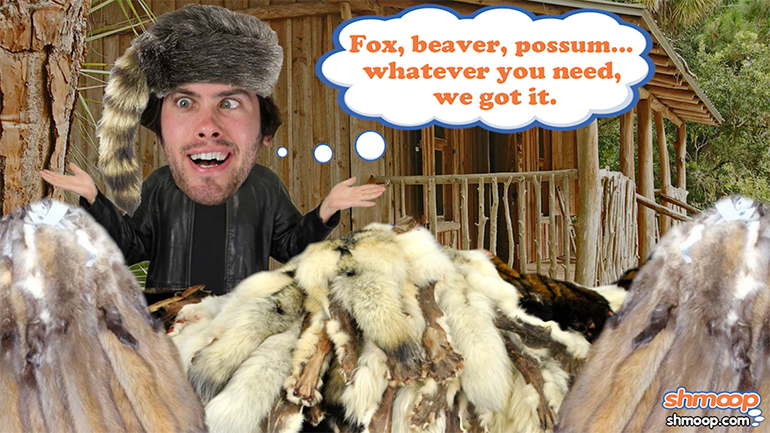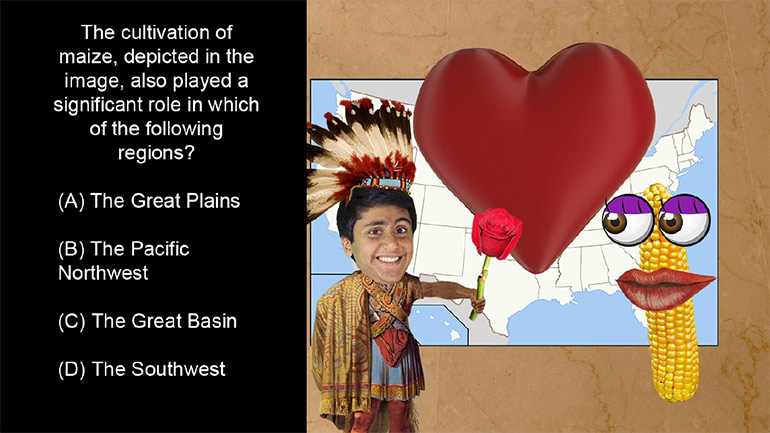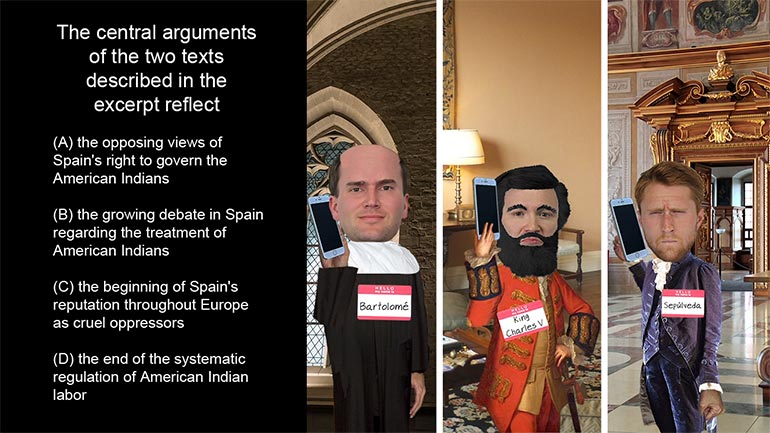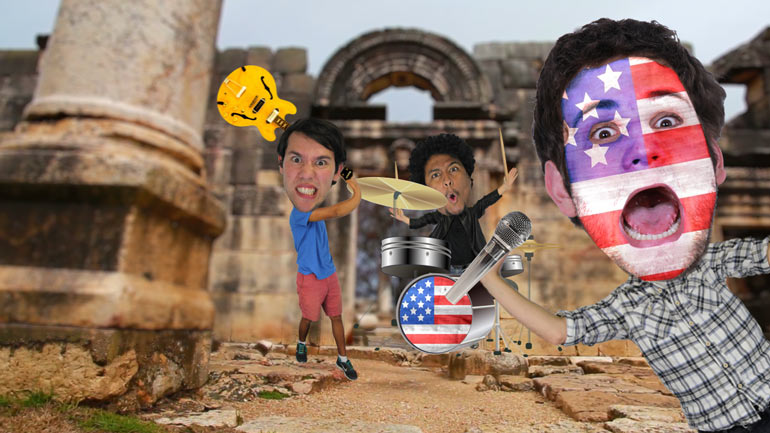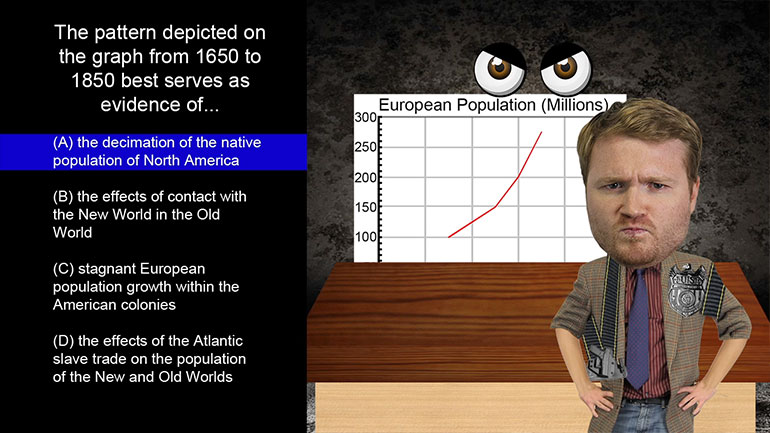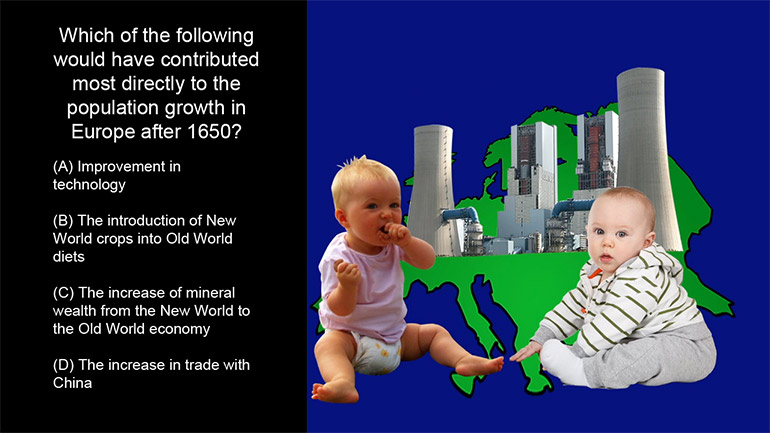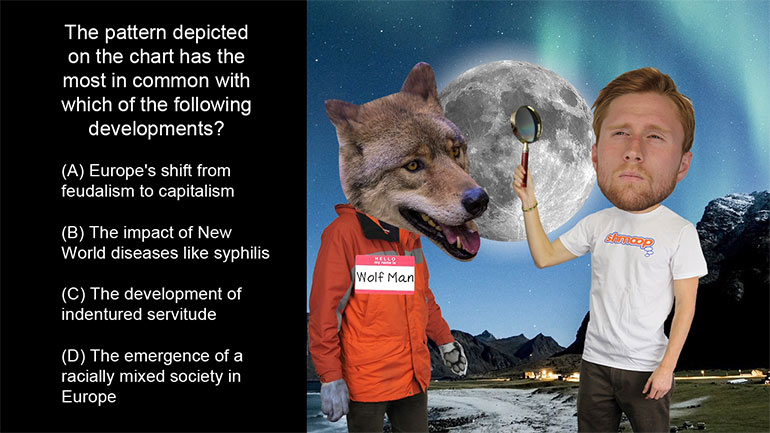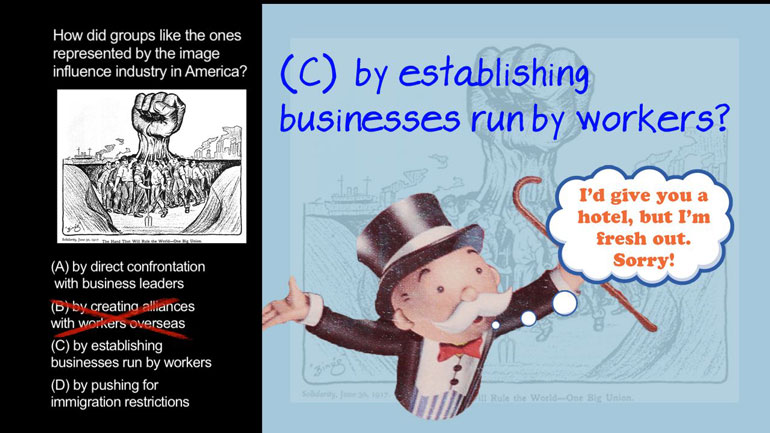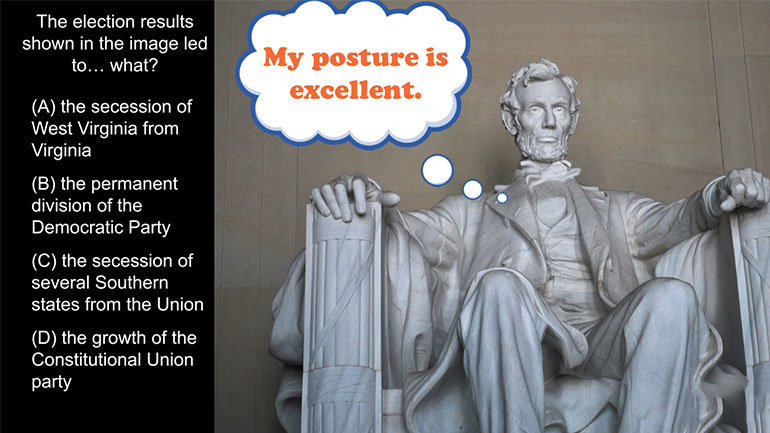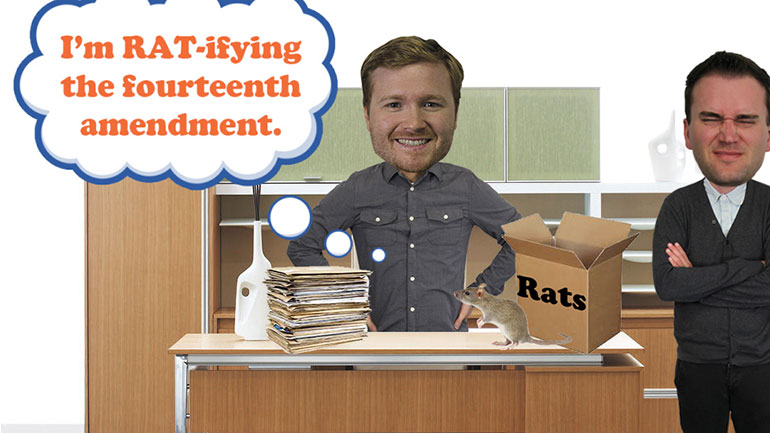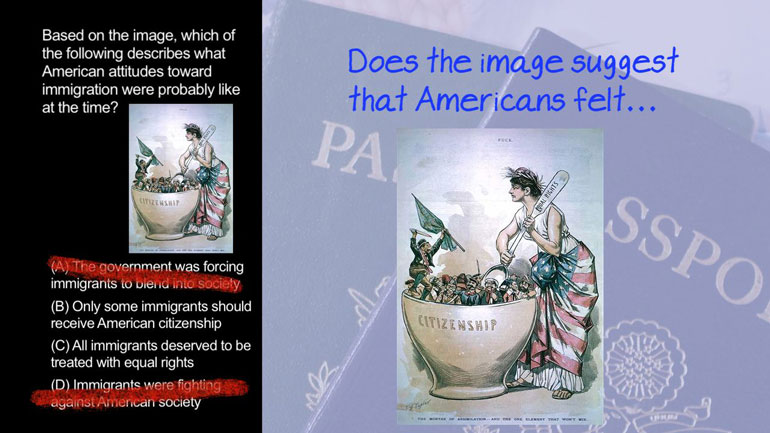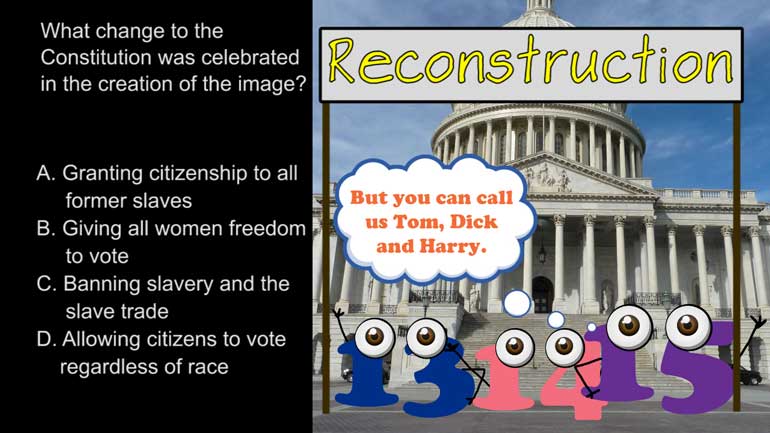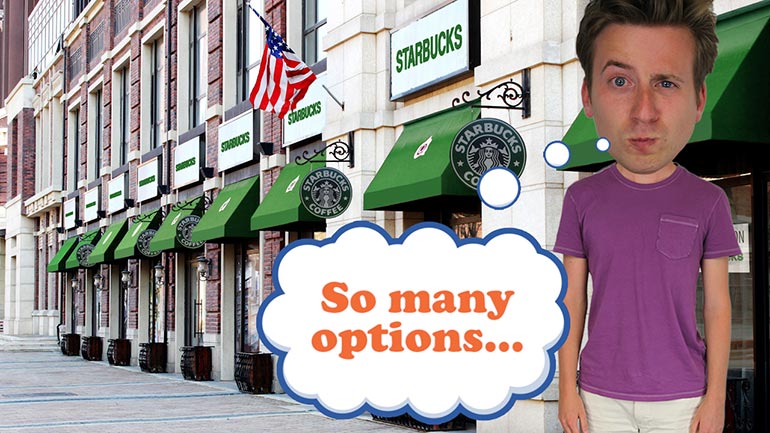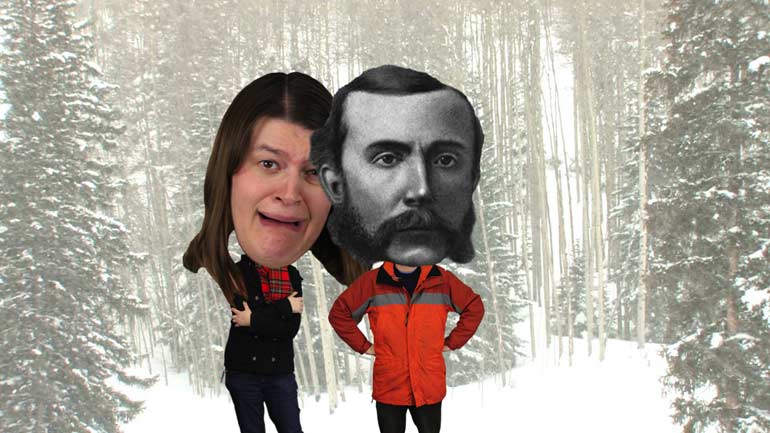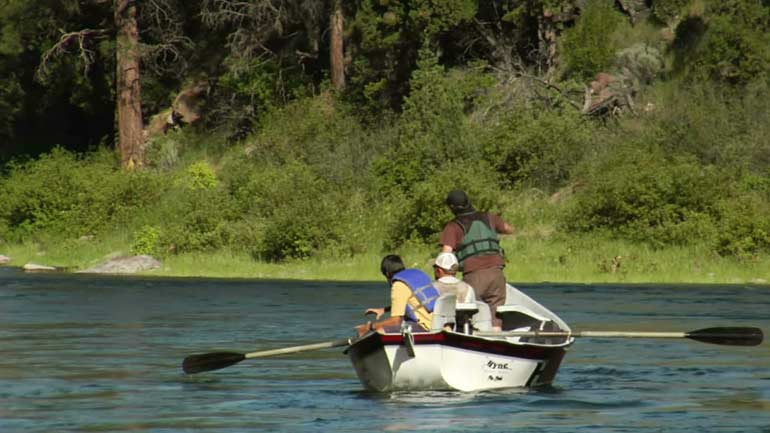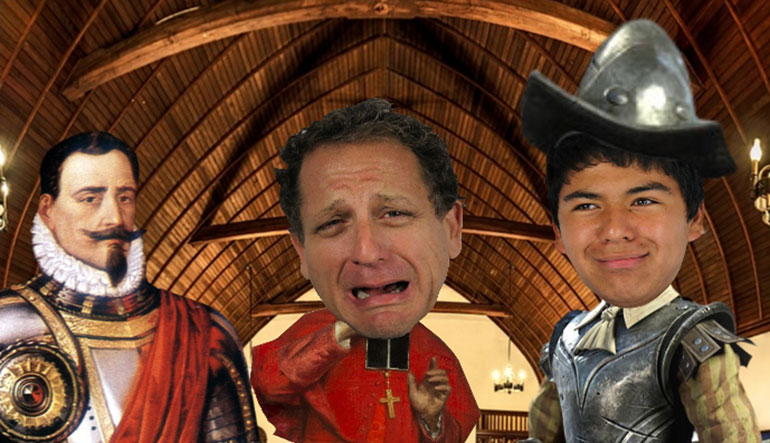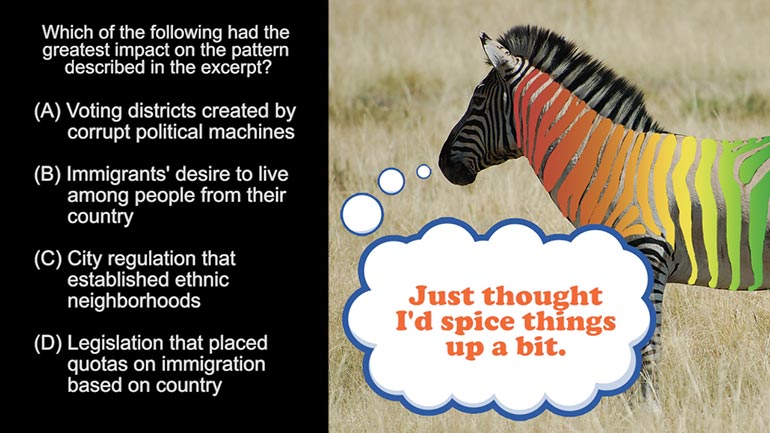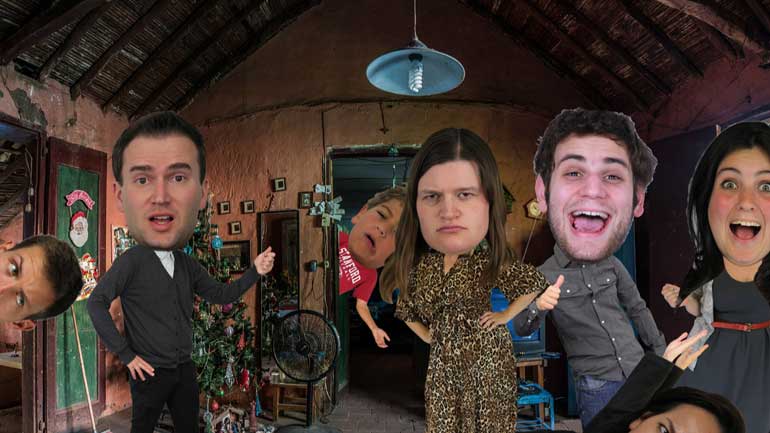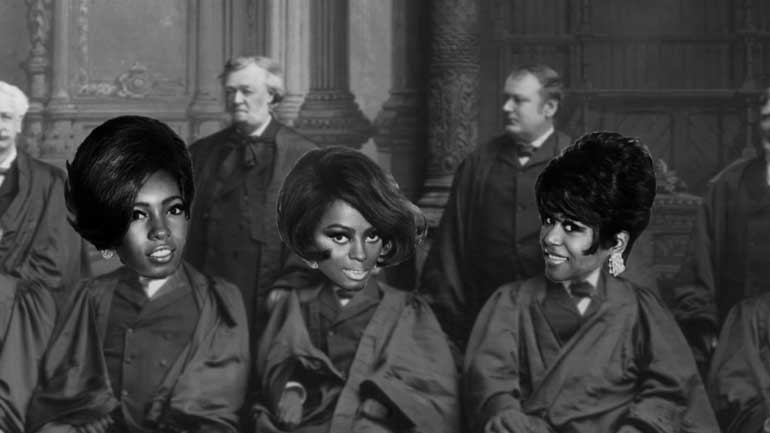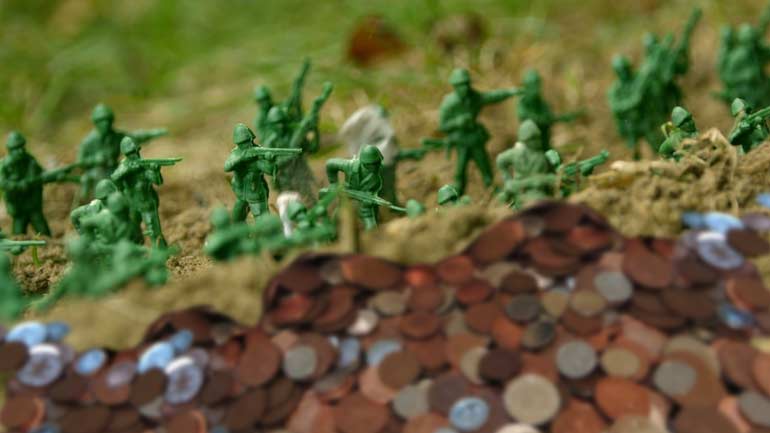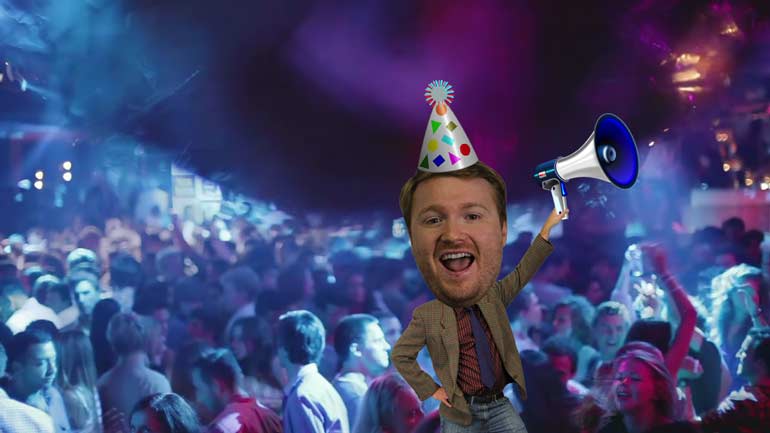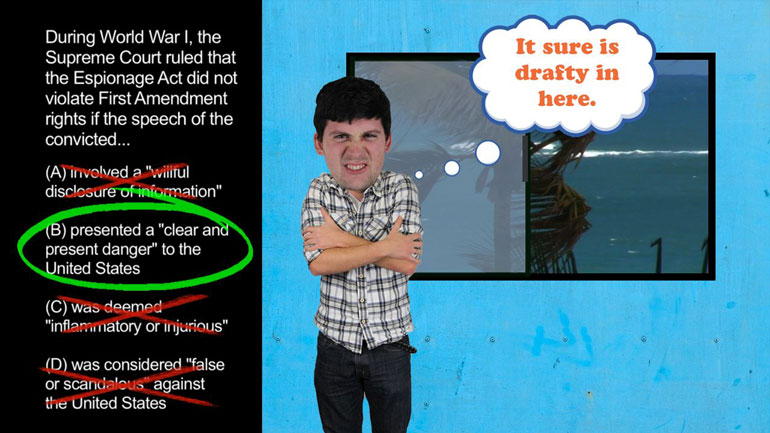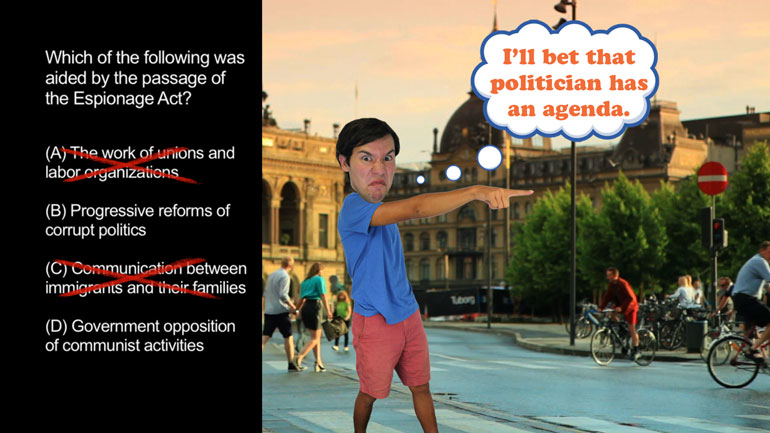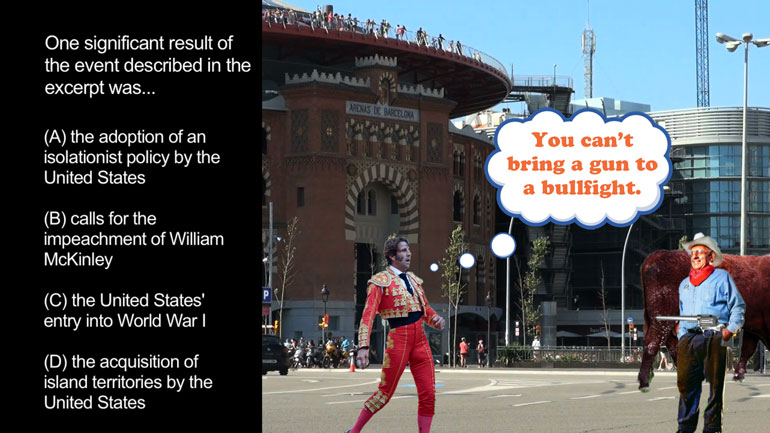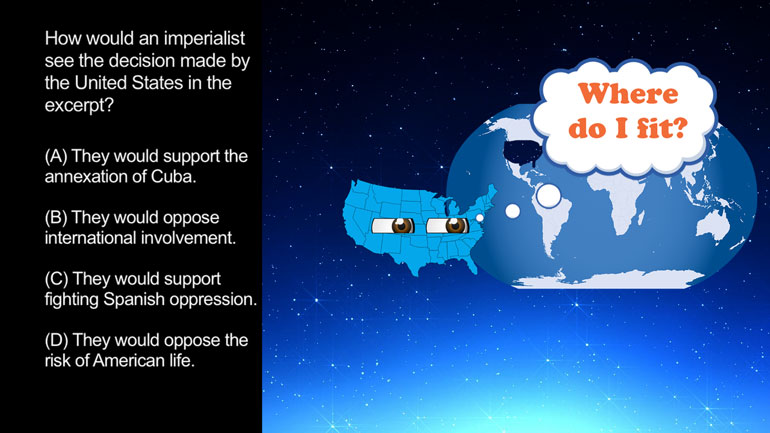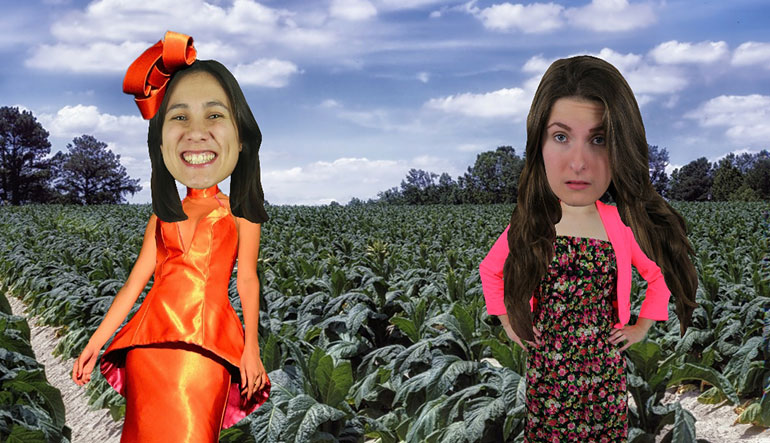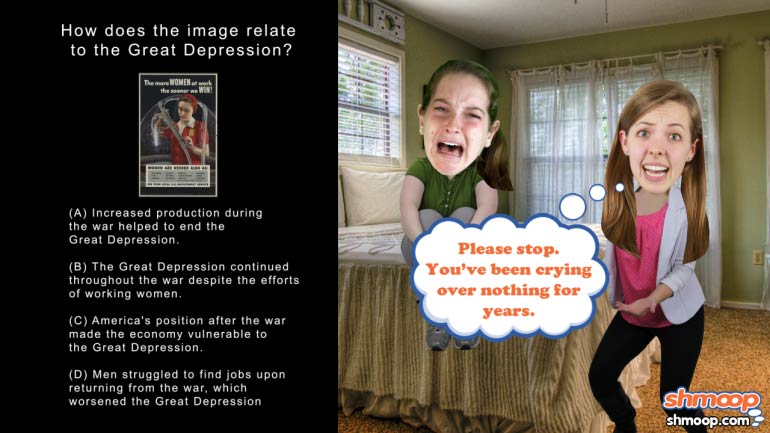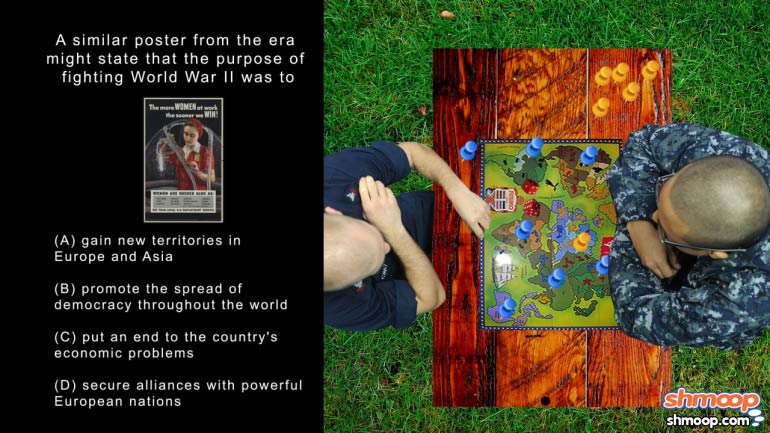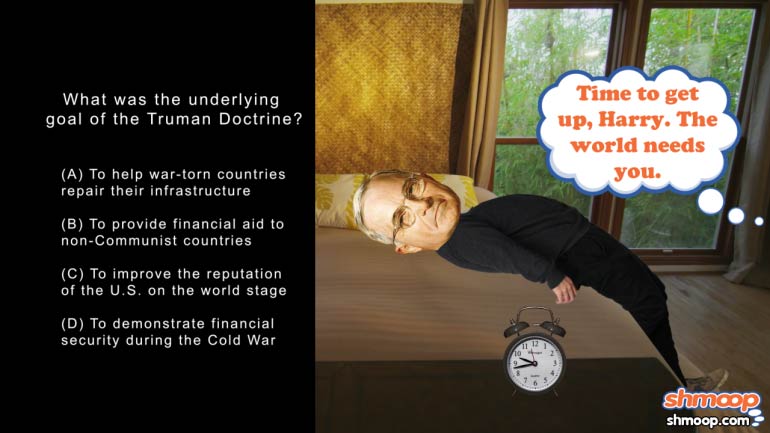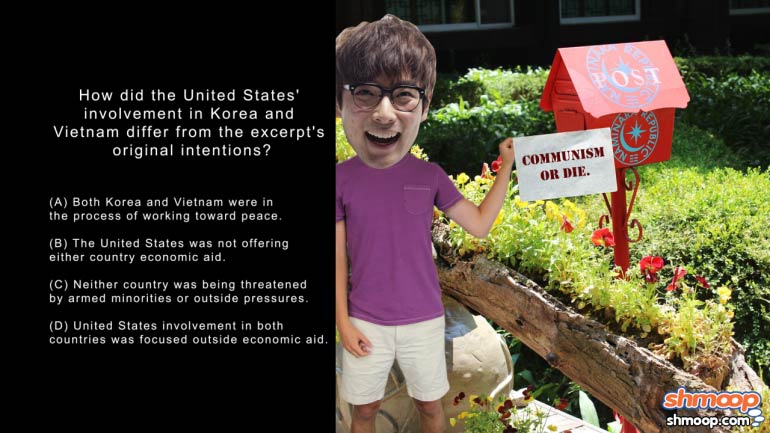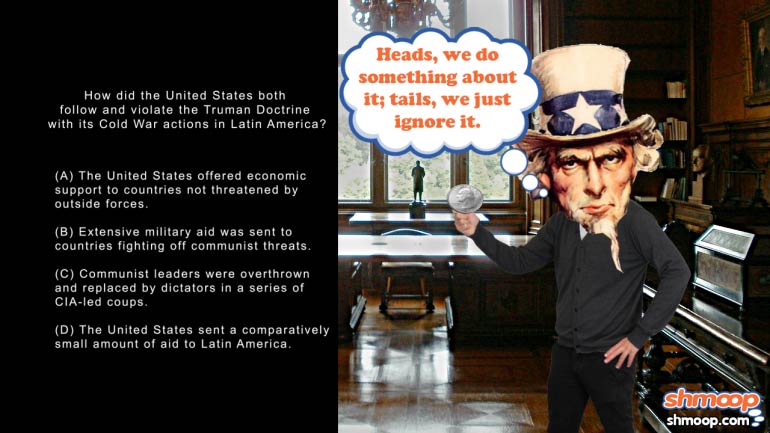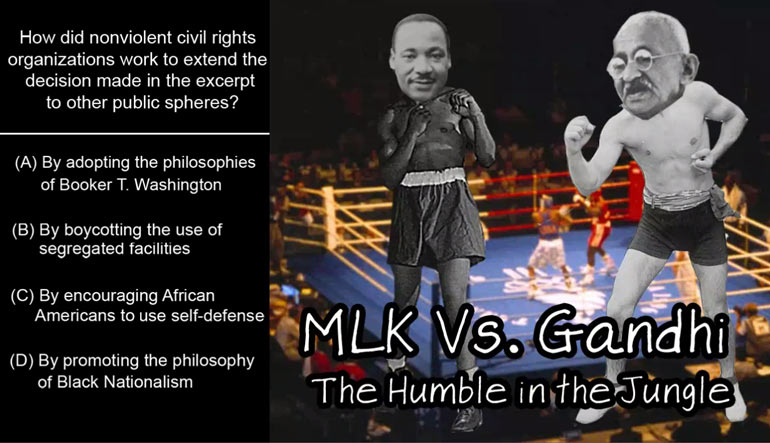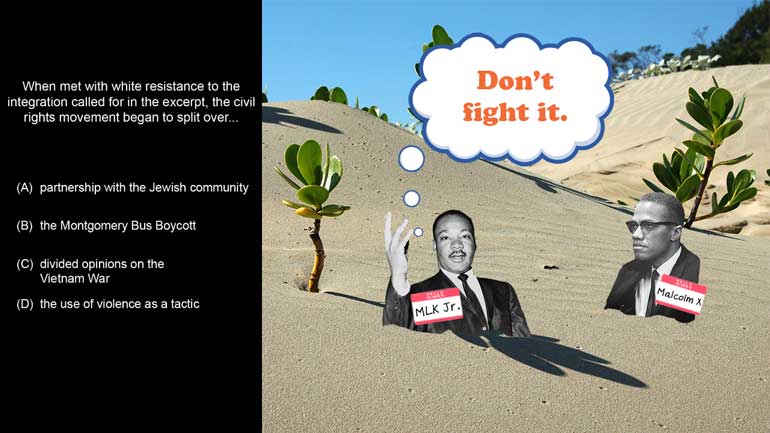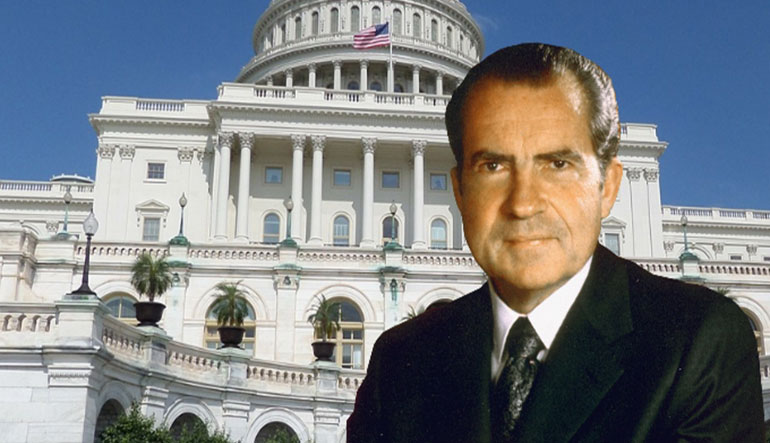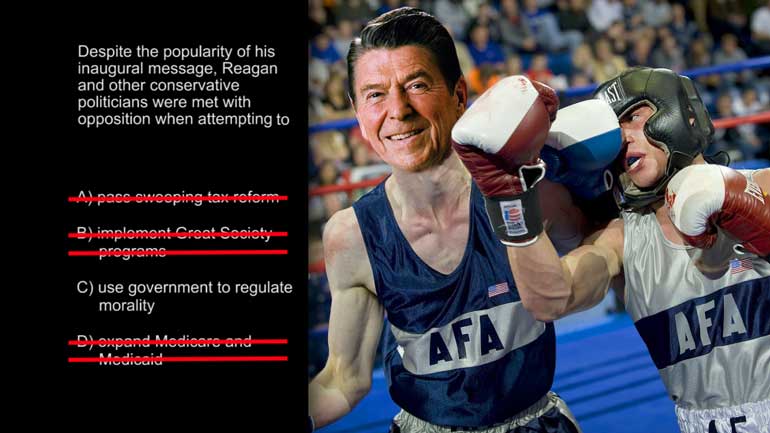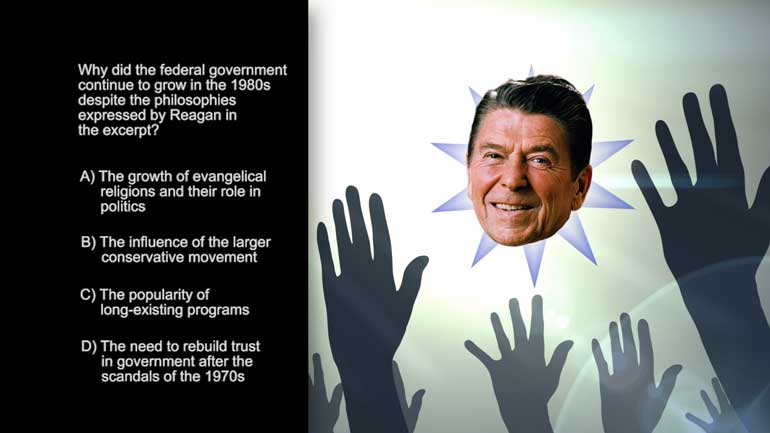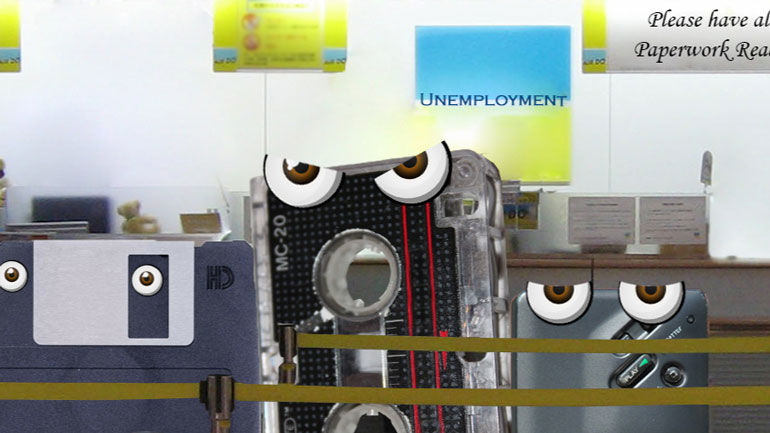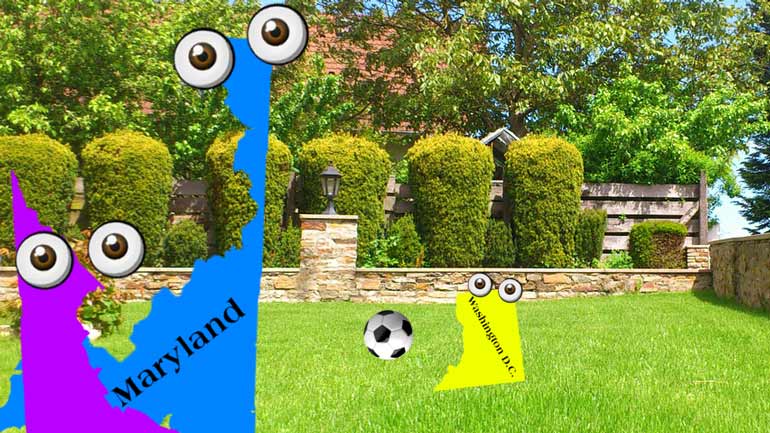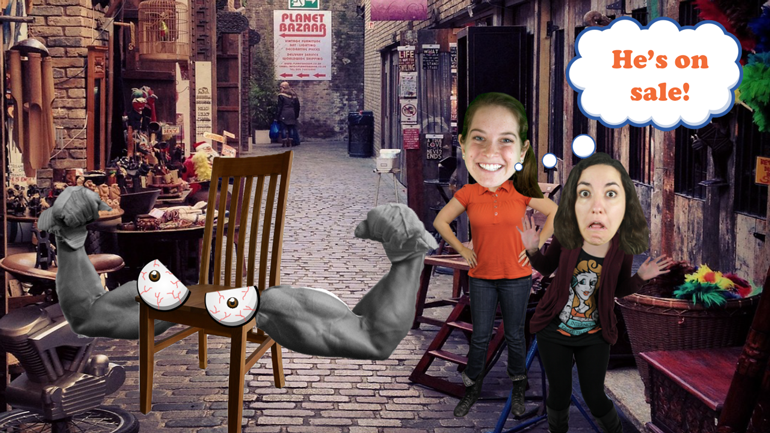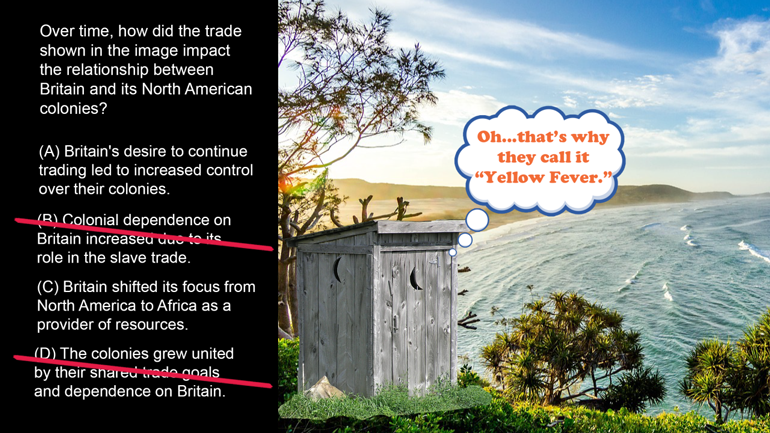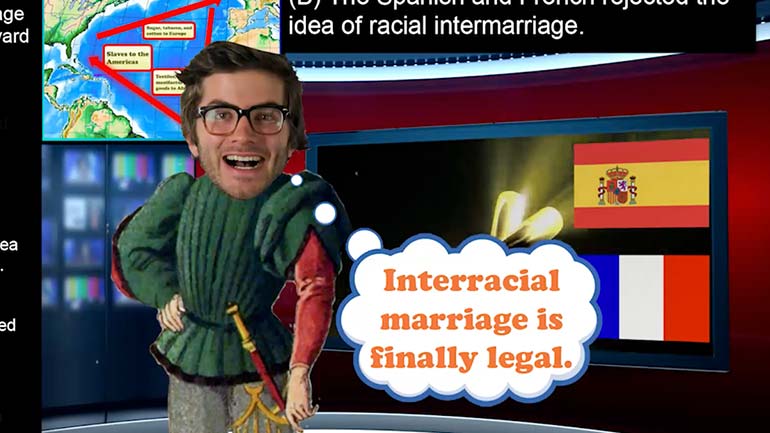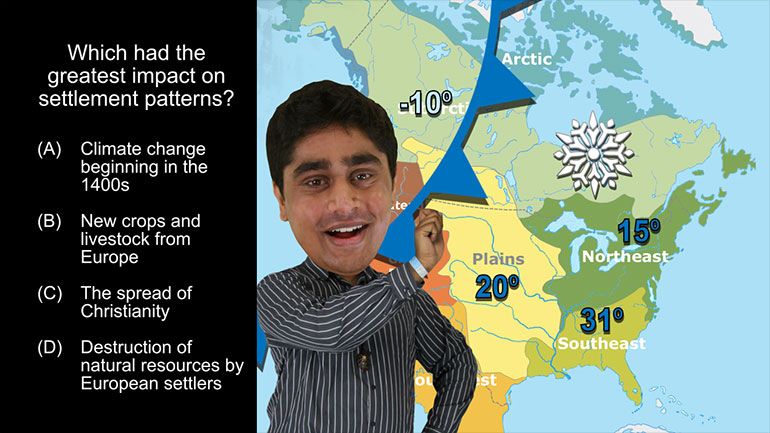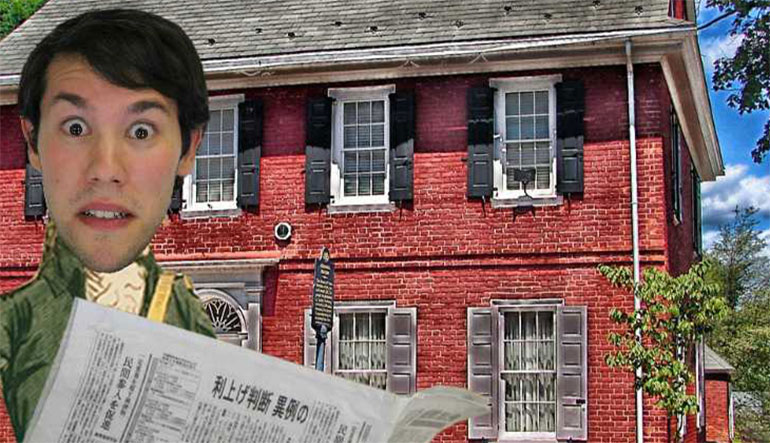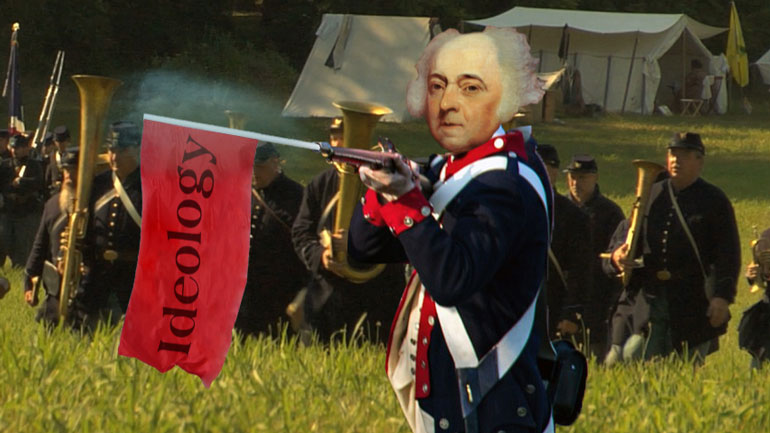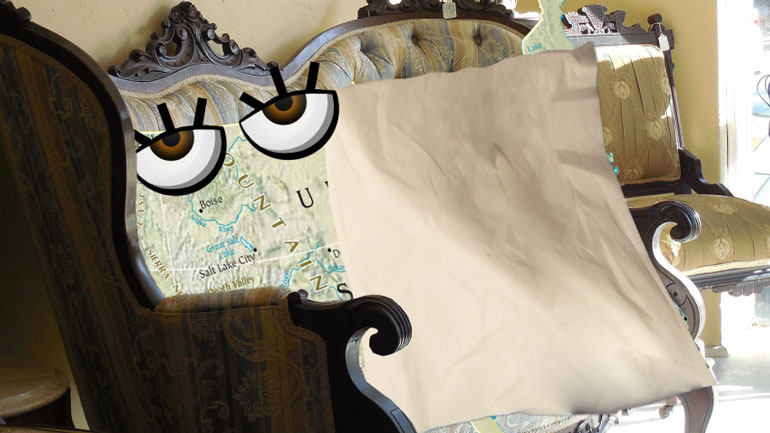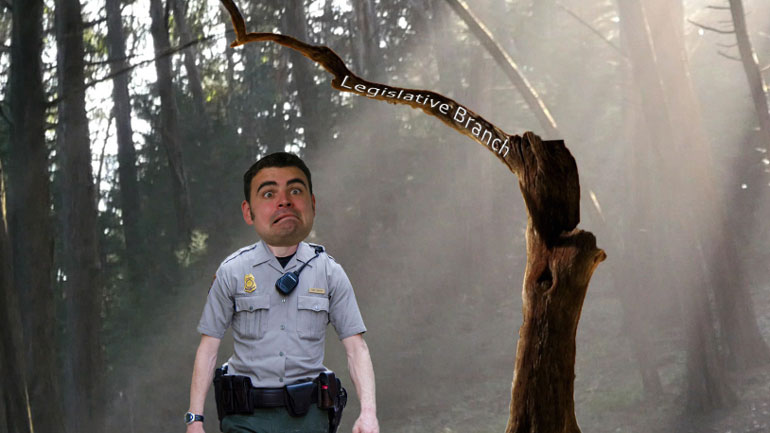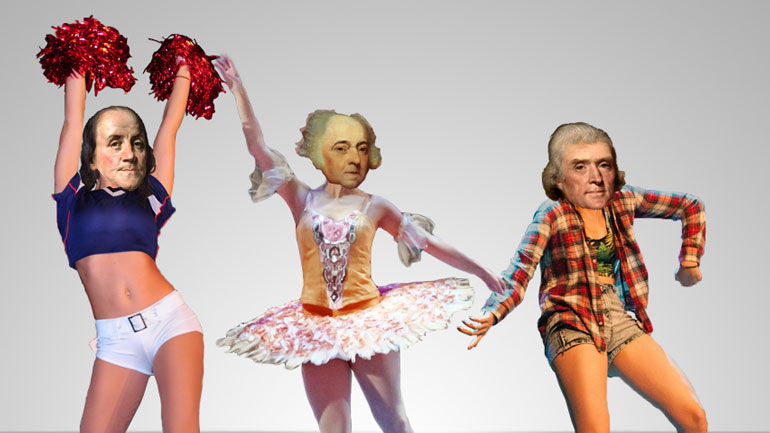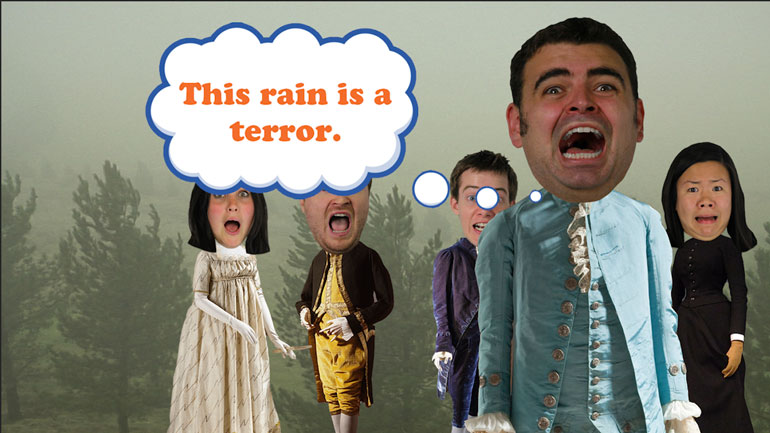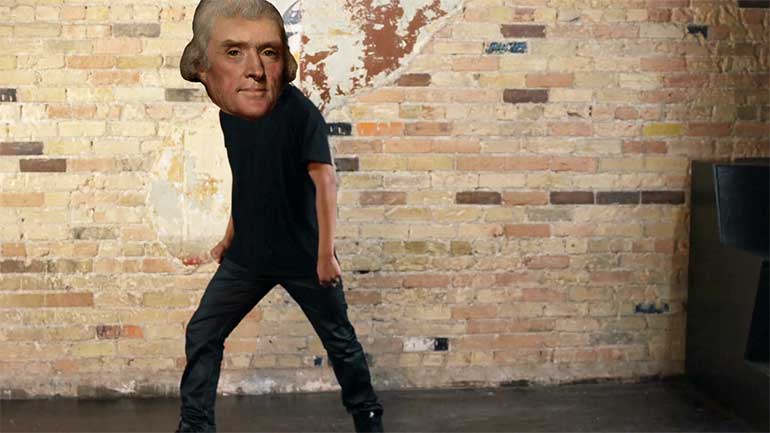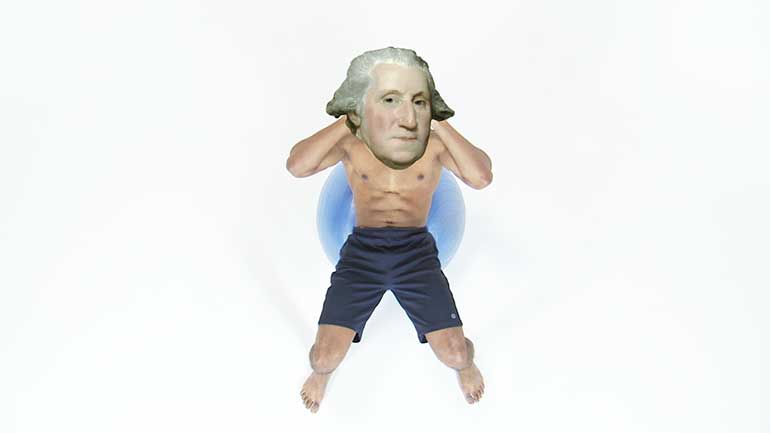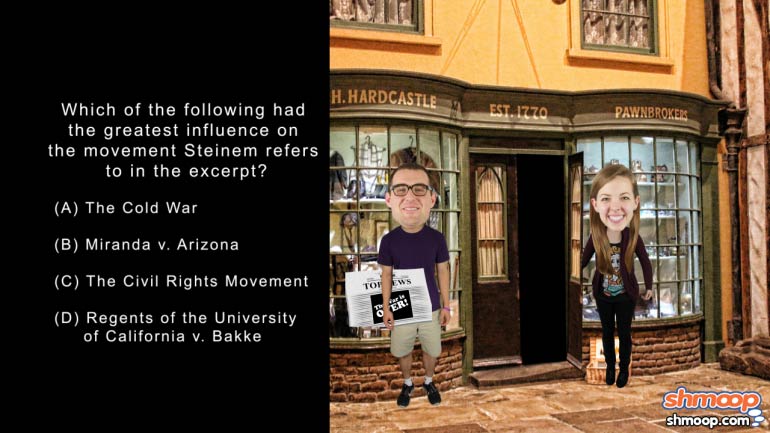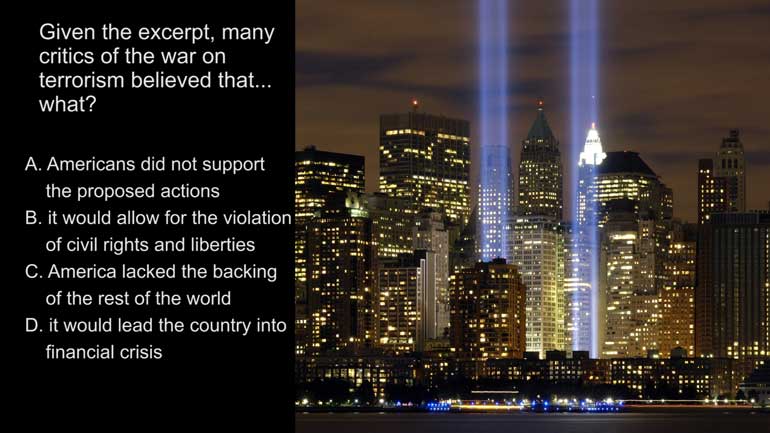ShmoopTube
Where Monty Python meets your 10th grade teacher.
Search Thousands of Shmoop Videos
AP U.S. History Videos 167 videos
AP U.S. History 3.1 Period 2: 1607-1754. Which of the following contributed most directly to the process seen in the image?
AP U.S. History Period 1: 1491-1607 Drill 3, Problem 2. The cultivation of maize, depicted in the image, also played a significant role in which of...
AP U.S. History 3.2 Period 4: 1800-1848. The goals presented in the excerpt have the most in common with which of the following?
AP U.S. History 3.3 Period 1: 1491-1607 16 Views
Share It!
Description:
AP U.S. History 3.3 Period 1: 1491-1607. The central arguments of the two texts described in the excerpt reflect...what?
Transcript
- 00:00
Thank you We sneak and here's your smoke du jour
- 00:05
brought to you by the black legend making other colors
- 00:08
feel inadequate since the sixteenth century Checking the falling excerpts
- 00:13
i'm going to be appealing and warrants bellman hispanic fifteen
- 00:18
fifty two making prior my farm and christian they're processed
Full Transcript
- 00:22
and here's our question The central arguments of the two
- 00:25
text described in the excerpt reflect what and here are
- 00:29
potential answers Are opposing views growing debate begin Well just
- 00:35
in case you forgot By fifteen fifty the controversy over
- 00:38
spain's treatment of american indians had become so out of
- 00:41
control that king charles the fifth had to hit the
- 00:43
pause button on military expansion in the new world Instead
- 00:47
the king launched what was later known as the viaduct
- 00:51
leader debate by calling upon rival theologians one he nous
- 00:55
they said pull vida and bartolomeo de les cassis to
- 01:00
defend either side of the issue As you can probably
- 01:02
tell from the except the one thing these guys agreed
- 01:05
on was that spain definitely had a right to tell
- 01:08
american indians howto live and what to believe Both theologians
- 01:12
took it for granted that converting the american indians to
- 01:15
christianity was an obvious must Knowing this we can go
- 01:18
ahead and eliminate option a how about choi Si will
- 01:21
see says that both excerpts reflect spain's reputation is a
- 01:25
big time bully of the american indians while we can
- 01:28
see how sea might be right since neither theologian you
- 01:31
know respected the lives of the indigenous peoples however only
- 01:35
supposed his excerpt is downright cruel In fact it sparked
- 01:38
the black pledging a k spain's reputation is the bad
- 01:42
guys in europe since las casas argument was a wee
- 01:45
bit nicer when we're just going to nick See option
- 01:48
d isn't looking much better either Neither passage says anything
- 01:51
about ending the forced labour of american indians even though
- 01:54
las casas argument may seem nicer It supported the income
- 01:59
required natives toe work and give tribute to a spanish
- 02:02
master so he is a definite no well the correct
- 02:07
answer is clearly be the excerpt do show us that
- 02:10
there was some serious debate going on in spain at
- 02:12
the time One guy's like they're barbarians animals we have
- 02:16
the right to force them to do what we want
- 02:19
and the other guys like come on now they're cool
- 02:21
people How about we try hugging them into submission You
- 02:25
have to say yeah we're not sure which is creepier
Related Videos
AP U.S. History Exam 2.48. Which of the following had the greatest influence on the movement Steinem refers to in the excerpt?
The appeal of city living has always been strong. Can you figure out why new immigrants chose to live in big cities? Hint: they weren't trying to b...
AP U.S. History Exam 2.54. Given the excerpt, many critics of the war on terrorism believed that...what?
AP U.S. History Exam 2.43. The problem depicted in the image led to the creation of...what?
Take a look at this sweet question about Equal rights. ...Oh. It's not about the sweetener? Gotcha. Check it out anyway and see if you can find out...
